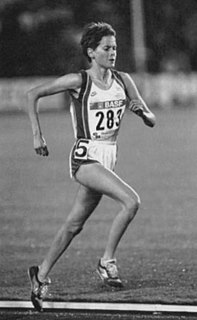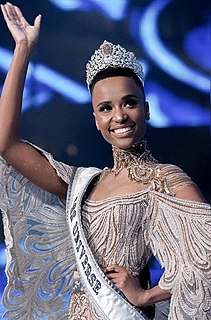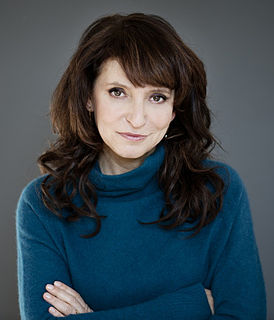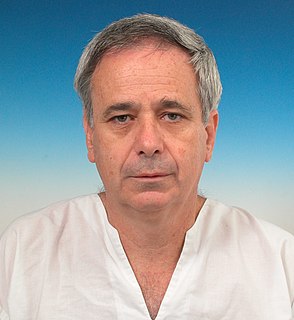A Quote by Zola Budd
I have strong views about South African politics and I still don't feel I need to make public statements.
Related Quotes
We do not have a South African as a member of the African Commission. The President of the Commission comes from Mali, the Deputy comes from Rwanda and then we have got all these other members, ordinary commissioners. There is no South African there. And the reason, again, for that is not because we didn't have South Africans who are competent.
I started as an engineer. I migrated to philosophy and international politics. And I did my studies about African - Africa democracy and democratization in Africa, taking Kenya as a model. And then, while I was doing so in 1996 in South Africa, Al Jazeera was established. So they requested me to be an analyst on African affairs.
It was the South African Government that has introduced politics into sport by decreeing politically that no non-white person will represent their country. They introduced politics into sport." And Don [Bradman] was a very shrewd old bloke, and he looked at me for about thirty seconds and then he said, "Bob, I've got no answer to that." And that was it.
I started off as a young lawyer working against discrimination against African-American children in schools and in the criminal justice system. I worked to make sure that kids with disabilities could get a public education, something that I care very much about. I have worked with Latinos - one of my first jobs in politics was down in south Texas registering Latino citizens to be able to vote. So I have a deep devotion to making sure that an every American feels like he or she has a place in our country.
I think anybody who knows anything about South Africa and the South African economy would know that one of the big constraints to growth and development is skills shortages. So all of us, need to come at this thing as vigorously as is possible and, of course, the private sector has the capacity to take it on board.
I've noticed that there can be a visceral reaction to strong statements about poetry, as if anyone who has an opinion and expresses it is shutting people down. It's funny to see that expressed, and then to go back and read poetic statements by the great poets of the past: they are full of a passionate conviction! It is clearly possible to express strong feelings about poetry while also defending the absolute right of myriad approaches.
While in the American academia the knowledge production on the Middle East in general and Syria in particular has been considerably transformed in recent years, the dissemination of these more updated views fails to reach the conventional educational system. For two main reasons: Politics can still subdue and censor views that are not endorsed ideologically, and academics have still not learned how to write openly, directly and, one should say, courageously about these issues.



































